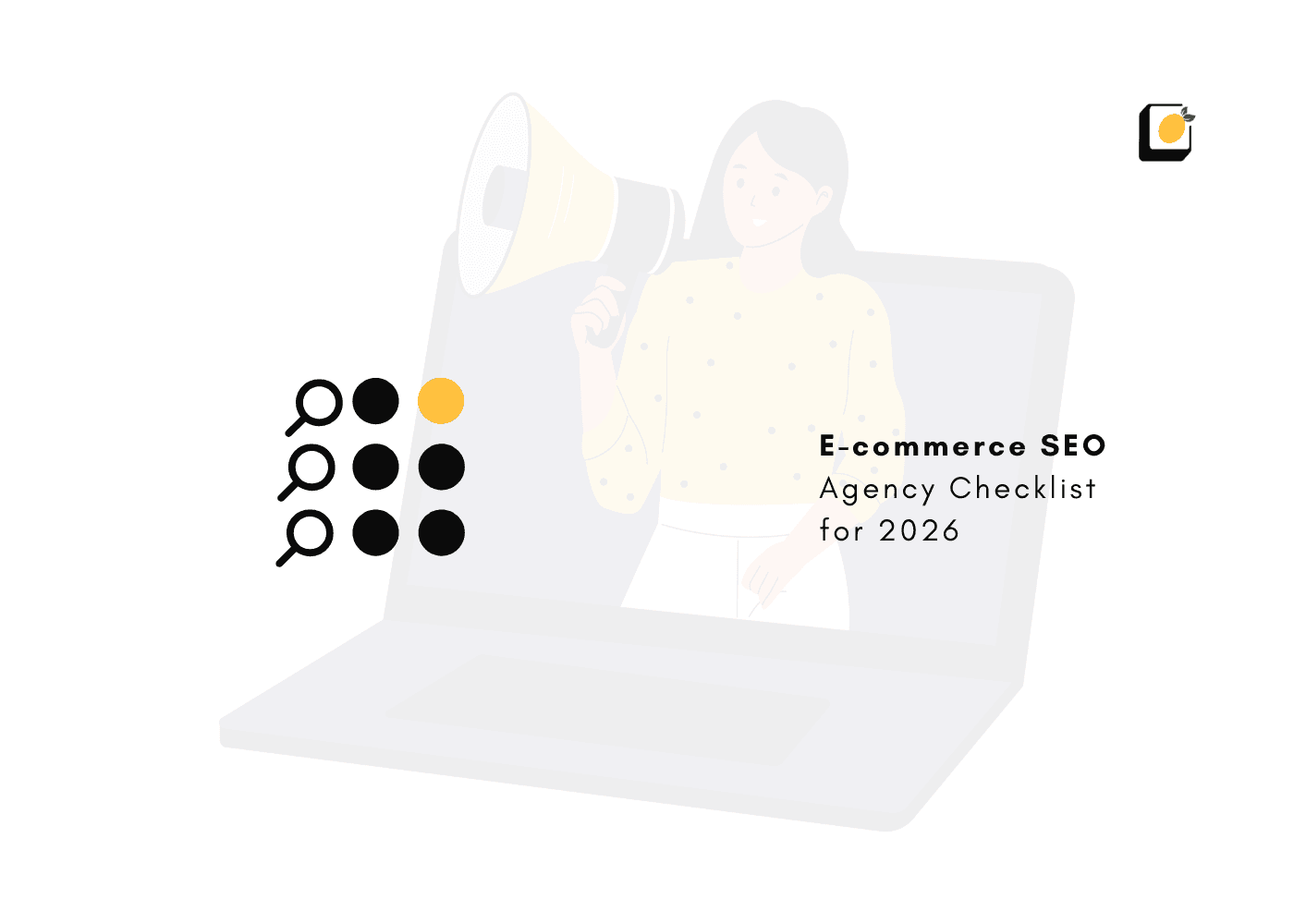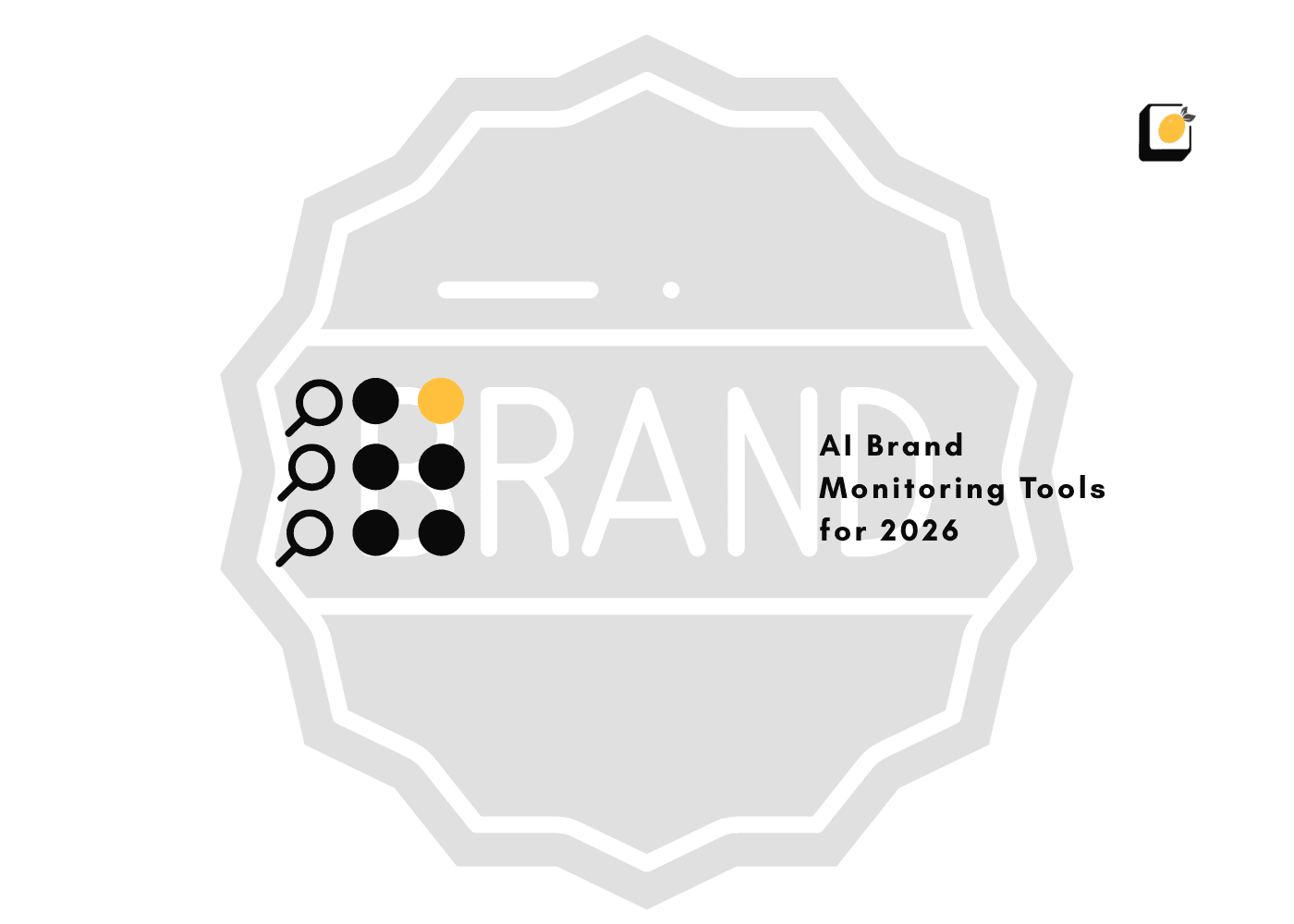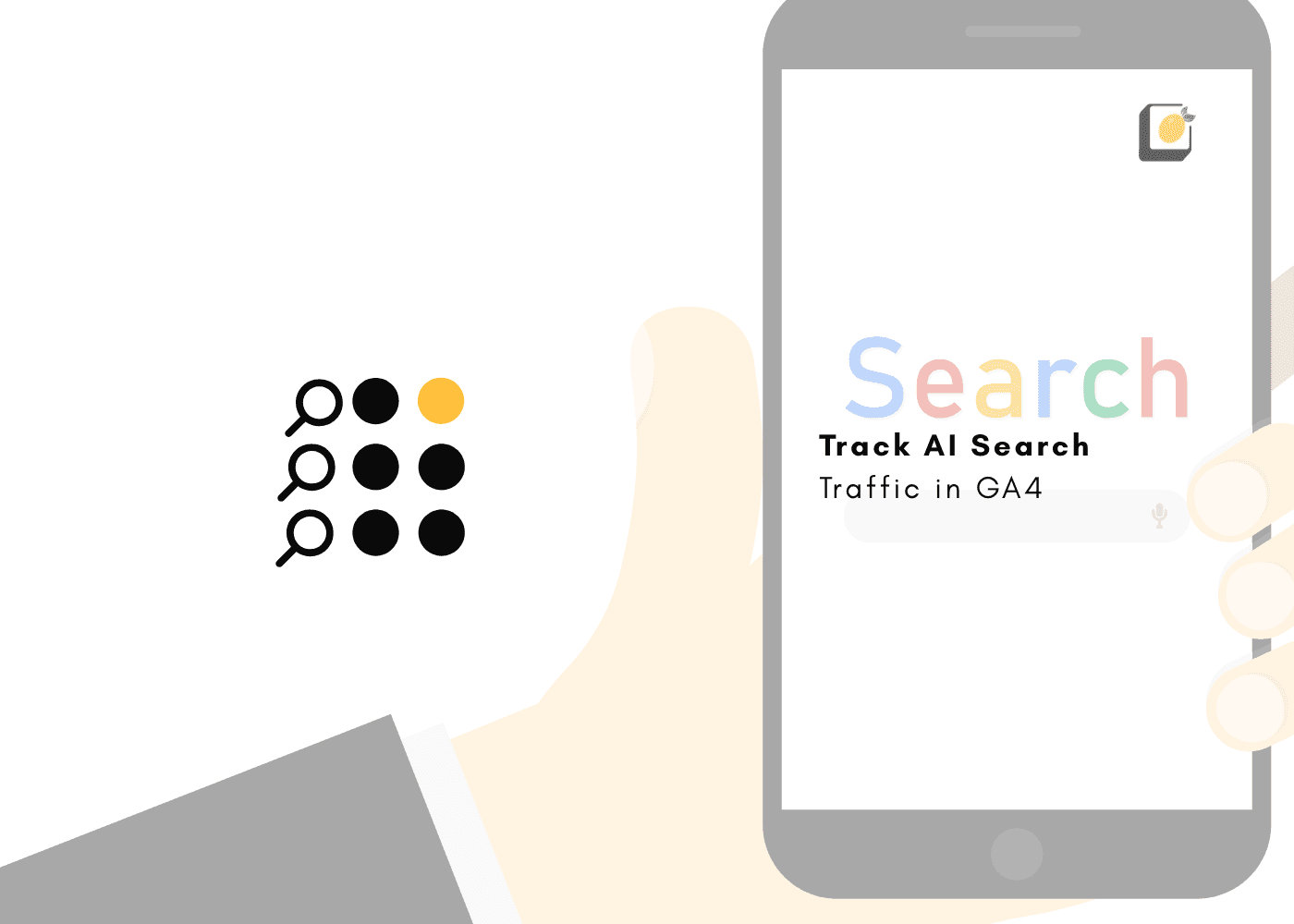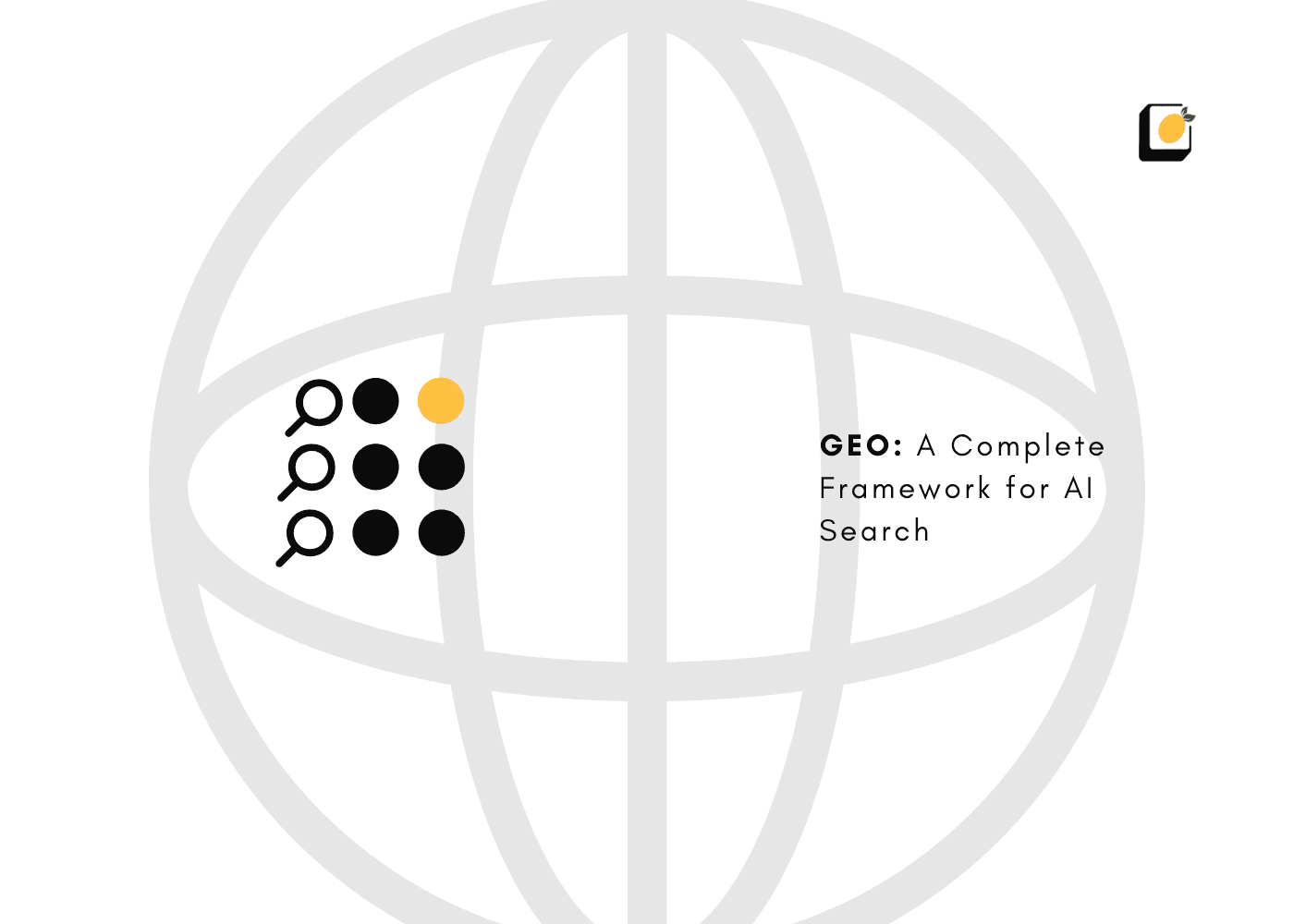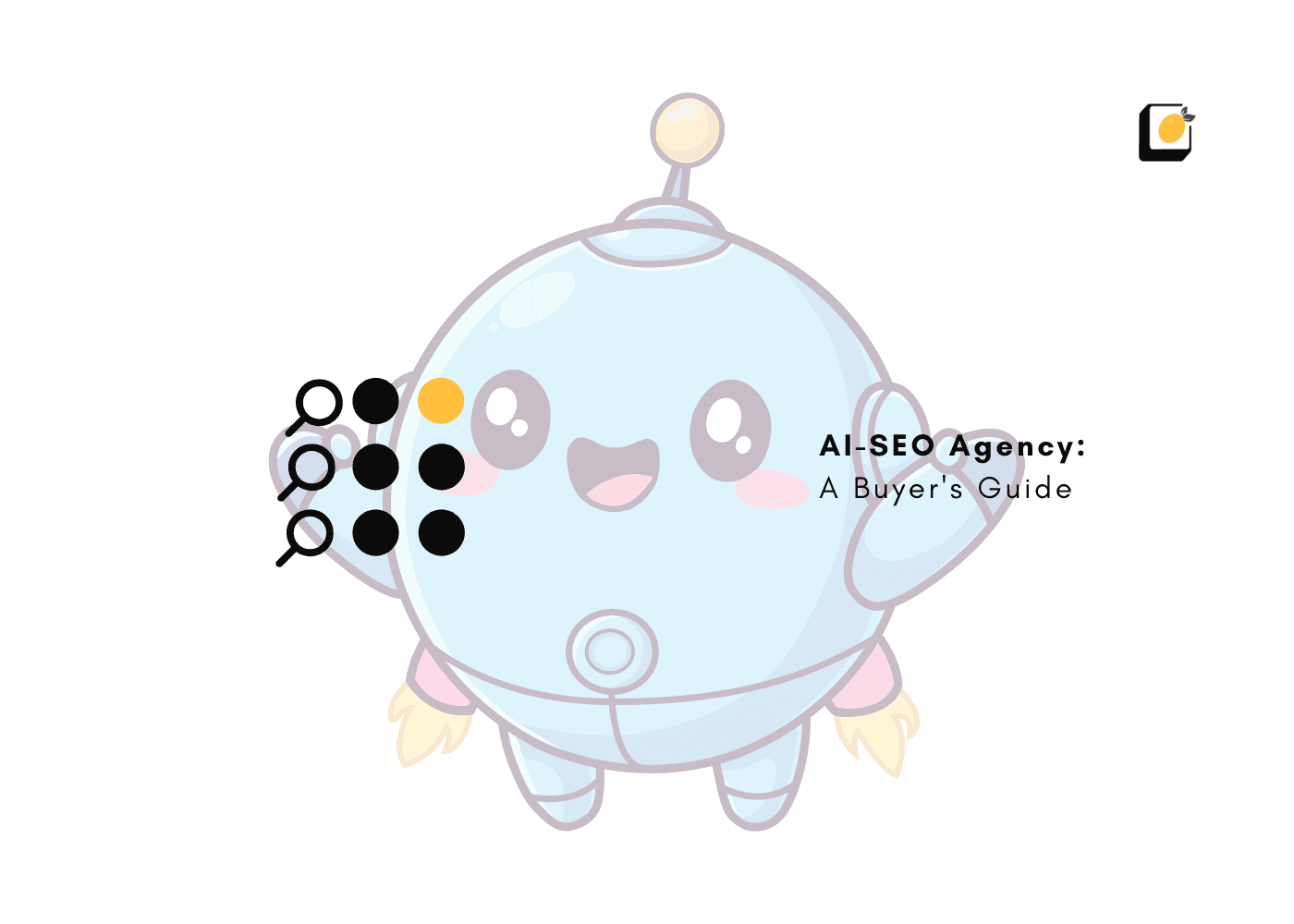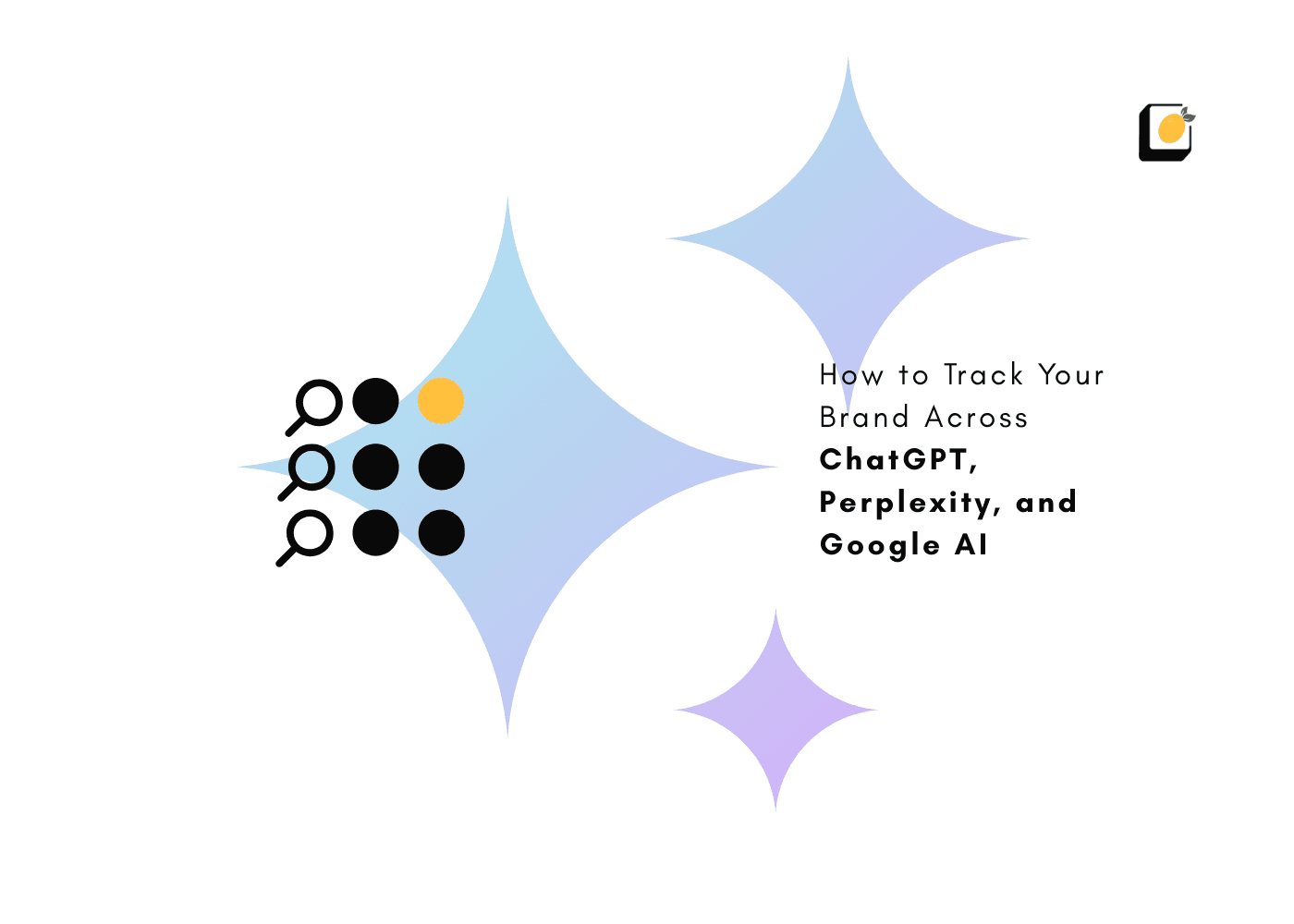How Ads in AI Search Will Change Brand Discovery and SEO in Future
May 25, 2025
Join 500+ brands growing with Passionfruit!
Google just dropped a bombshell at Marketing Live 2025 that confirms what many suspected: AI search advertising isn't coming it's here. With over 5 trillion searches annually now influenced by AI tools like AI Overviews and the new AI Mode, Google's latest announcements fundamentally reshape how brands will be discovered online.
The announcements from May 21, 2025, aren't just product updates. They signal the most significant transformation in digital advertising since the mobile revolution. Here's exactly what's changing and how to position your brand for success in this new landscape.
Google's Game-Changing Announcements: What Just Happened
AI Overviews Ads Now on Desktop
After launching mobile ads in AI Overviews in October 2024, Google is expanding to desktop immediately. This means when users see AI-generated summaries at the top of search results, relevant ads will appear integrated within those responses—not just alongside them.
Why this matters: AI Overviews improved dramatically in 2024 after its bug-laden launch. According to Google CEO Sundar Pichai, they're now a massive contributor to user satisfaction and engagement. Users spend more time with AI Overviews and ask new types of questions, creating unprecedented opportunities for brands.
AI Mode Gets Ads: The Conversational Revolution
Today, we're expanding ads in AI Overviews to desktop, and bringing ads to AI Mode to create new opportunities for our customers. AI Mode, Google's most advanced search experience, will now include advertising integrated directly into conversational responses.
What AI Mode actually does:
Performs multiple concurrent searches based on your query
Uses Gemini 2.0 for advanced reasoning and multimodal responses
Allows follow-up questions for deeper exploration
Integrates real-time data from Knowledge Graph and shopping feeds
For advertisers, this means your products can appear naturally within conversational journeys, not just as sidebar interruptions.
Smart Bidding Exploration: The Decade's Biggest Update
Building on that, today we're launching our biggest update to bidding in over a decade: Smart Bidding Exploration. This isn't just an algorithm tweak—it's a fundamental shift in how Google identifies conversion opportunities.
What it does: Pursues "less obvious and potentially high-performing searches," essentially finding customers you didn't know existed. Early testing shows campaigns can see 14% more conversions at similar cost-per-acquisition, with some seeing up to 27% improvement.
The New Reality: How Brand Discovery Actually Works Now
Forget traditional keyword-based discovery. Here's how customers will find brands in the AI search era:
Query Fan-Out Technology
When someone asks AI Mode a question, Google doesn't run one search—it runs hundreds simultaneously. Your brand needs to be relevant across multiple related queries, not just exact matches.
Example: User asks "planning a home office for video calls"
Traditional search: Shows results for "home office setup"
AI Mode: Simultaneously searches lighting options, acoustic panels, backgrounds, desk arrangements, camera angles, and equipment—then synthesizes comprehensive advice where your products naturally fit
Context-Aware Integration
In AI Overviews, ads are inserted in AI-generated summaries "when relevant to both the query and the response provided," Google says. This isn't keyword matching—it's semantic understanding of when your product genuinely helps solve the user's problem.
Multi-Turn Conversations
Users no longer search once and click. They engage in conversations, asking follow-up questions and refining their needs. Your brand must remain relevant throughout this journey, not just at the initial query.
What AI Max for Search Means for Your Campaigns
Google's new AI Max for Search campaigns represents a radical departure from traditional campaign management. Here's what changes:
Automatic Expansion Beyond Keywords
With search term matching, you can expand upon your existing keywords using broad match and keywordless technology to find more relevant and high-performing search queries — queries and conversions that you'd otherwise miss.
The system learns from your:
Current keywords
Creative assets
Landing page content
Conversion data
Then finds entirely new queries you never thought to target.
Performance Gains Are Real
The data already shows that advertisers that activate AI Max in Search campaigns will typically see 14% more conversions or conversion value at a similar CPA/ROAS. For campaigns heavily reliant on exact match keywords, gains reach 27%.
One-Click Activation
Unlike complex AI implementations, AI Max activates with a single click in your Google Ads interface, making it accessible even for smaller advertisers.
The Creative Revolution: Veo and Imagen Change Everything
In the last two months, we've made incredible strides improving the quality of our creative tools powered by our leading video and image generation models, Veo and Imagen. These aren't just editing tools—they're creative partners.
What's Now Possible:
Transform static product images into dynamic videos
Generate contextual backgrounds for products automatically
Create multiple ad variations from single assets
Produce vertical, square, and horizontal formats instantly
Generate shopping-specific creative that matches user intent
The Retail Game-Changer
For e-commerce brands, Google's testing AI-generated backgrounds that adapt to search context. A camping tent might show against mountains for "adventure camping" queries but appear in a backyard for "family camping" searches—automatically.
Agentic Capabilities: Your AI Marketing Assistant
We are unveiling new agentic capabilities, which give marketers the power of their very own Google AI so they can adapt and succeed with less effort. Think of this as having a Google AI expert on your team.
What agents will do:
Monitor campaign performance continuously
Suggest optimizations based on real-time data
Create ad variations automatically
Adjust bidding strategies proactively
Generate performance reports with insights
This democratizes advanced advertising capabilities, making enterprise-level optimization available to businesses of all sizes.
Immediate Actions: Your 30-Day AI Search Roadmap
Week 1: Foundation Setting
Audit Your Current Presence: Check how your brand appears in AI Overviews today
Activate AI Max: Enable it on your top-performing Search campaigns
Review Creative Assets: Ensure you have high-quality images ready for AI enhancement
Update Structured Data: Implement comprehensive schema markup immediately
Week 2: Content Optimization
Create Conversational Content: Develop FAQ-style content that answers complete questions
Build Topic Clusters: Connect related content to establish topical authority
Enhance Product Descriptions: Add use cases, comparisons, and problem-solving context
Implement Entity Markup: Connect your brand to relevant concepts and categories
Week 3: Campaign Evolution
Test Smart Bidding Exploration: Enable on campaigns with stable performance
Expand Match Types: Shift from exact match to broad match with AI Max
Upload Creative Assets: Provide multiple formats for AI to optimize
Set Up Conversion Tracking: Ensure all valuable actions are tracked
Week 4: Advanced Implementation
Monitor AI Mode Appearances: Track when and how your brand appears
Analyze New Search Terms: Review queries AI Max is finding
Test Creative Tools: Experiment with Veo and Imagen when available
Prepare for Agents: Organize campaign structure for AI management
Industry-Specific Strategies for AI Search Success
E-commerce and Retail
Focus on product feed optimization with detailed attributes
Create comparison content that AI can reference
Build size guides, compatibility charts, and use case scenarios
Implement real-time inventory updates for local availability
B2B Services
Develop comprehensive solution pages explaining complex offerings
Create industry-specific case studies AI can cite
Build glossaries and educational content establishing expertise
Focus on problem-solution mapping in all content
Local Businesses
Optimize Google Business Profile with rich details
Create location-specific content AI can surface
Build service area pages with local context
Ensure NAP consistency across all platforms
Healthcare and Professional Services
Focus on E-E-A-T signals with clear credentials
Create condition or problem-specific content paths
Build trust signals AI systems can verify
Develop comprehensive FAQ sections
Measuring Success in the AI Advertising Era
Traditional metrics won't capture AI search performance. Here's what to track:
New KPIs for AI Search
AI Overview Impression Share: How often you appear in AI-generated responses
Conversation Depth: Average number of queries per user session
Context Relevance Score: How well your ads match user intent
Cross-Query Performance: Success across related searches
Entity Association Strength: How strongly AI connects your brand to relevant topics
Attribution Evolution
With Smart Bidding Exploration pursuing less obvious and potentially high-performing searches, attribution becomes more complex. Focus on:
Incrementality testing to measure true impact
Customer lifetime value rather than single conversions
Cross-channel influence of AI-driven discovery
Brand lift studies to capture upper-funnel impact
Common Pitfalls and How to Avoid Them
Pitfall 1: Treating AI Ads Like Traditional Search
Problem: Copy-pasting traditional ad copy into AI campaigns Solution: Write conversationally, answering specific user needs
Pitfall 2: Ignoring Semantic Relationships
Problem: Focusing only on direct keywords Solution: Build comprehensive topic coverage across your site
Pitfall 3: Static Creative Assets
Problem: Using the same images everywhere Solution: Provide diverse assets AI can adapt contextually
Pitfall 4: Neglecting Technical SEO
Problem: Poor site structure limiting AI understanding Solution: Implement proper schema, clean URLs, and fast loading
Pitfall 5: Resisting Automation
Problem: Maintaining manual control over every aspect Solution: Embrace AI-driven optimization while monitoring results
The Future Is Now: What Happens Next
Based on Google's announcements and current trajectory:
Next 6 Months
AI Mode becomes default search experience for many users
Ad formats continue evolving based on user behavior
More advertisers see significant performance improvements
Traditional SEO metrics become less relevant
Next 12 Months
Agentic capabilities become standard in Google Ads
Creative AI tools fully integrated into workflow
New measurement frameworks emerge
Smaller advertisers gain competitive advantages
Next 24 Months
Conversational commerce becomes primary discovery method
Visual search integration deepens
Predictive advertising anticipates needs
Traditional search advertising becomes niche
Your Competitive Advantage in AI Search Advertising
The brands that win in this new era won't be those with the biggest budgets—they'll be those who adapt fastest to conversational, context-aware discovery. Google's announcements make clear that AI-powered search rewards genuine value, comprehensive information, and authentic brand voices.
Start today. Every day you wait, competitors are building their presence in AI responses, training Google's systems to surface their solutions, and capturing customers you'll never see.
The question isn't whether to adapt to ads in AI search it's whether you'll lead the change or scramble to catch up. With Google's tools now available, there's no excuse for waiting. Your future customers are already asking AI for solutions. Make sure your brand is part of the answer.









